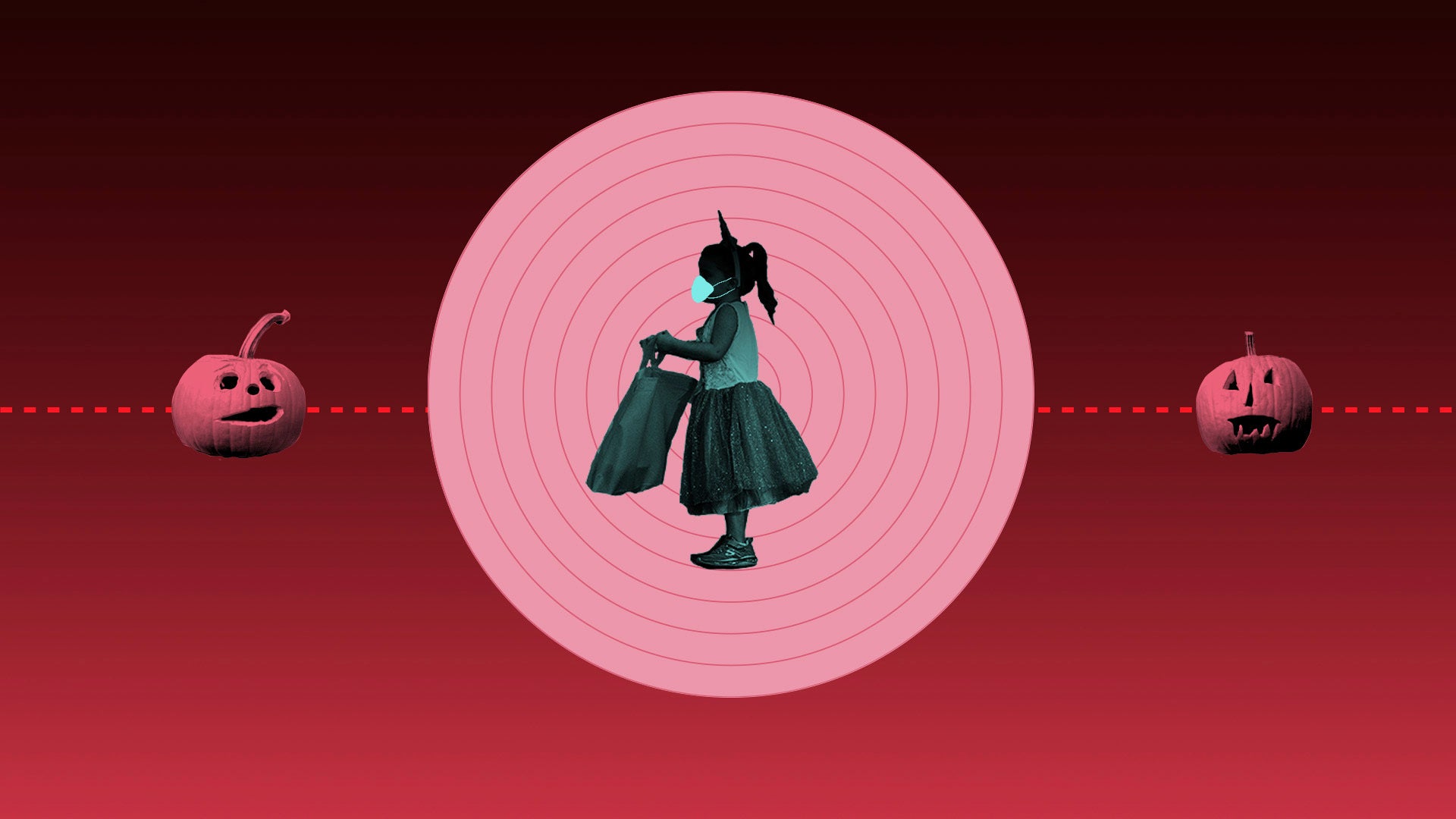Can I celebrate Halloween during the pandemic?
Health officials say Halloween traditions should look a little different this year to reduce the spread of COVID-19

Can I celebrate Halloween during the pandemic?
Yes, but probably not like you normally would. Health experts say some Halloween traditions like crowding on doorsteps for candy and inching your way through haunted houses heighten the risk of spreading COVID-19 and should be avoided.
But there are ways to adapt celebrations.
Outdoor pumpkin carving, a virtual or neighborhood costume parade or a scary movie marathon at home are some options that minimize contact with strangers
“There are lots of creative ways to approach this and make this year memorable,” said Dr. Colleen S. Kraft, who specializes in infectious diseases at Emory University Hospital in Atlanta.
If you’re venturing out, experts say to keep a 6-foot distance from others and sanitize hands regularly as you normally would.
Protective face coverings — plastic costume masks don’t count — should also be a part of every Halloween get-up, according to the U.S. Centers for Disease Control and Prevention.
Some cities have discouraged or even banned door-to-door trick-or-treating. In places where it’s allowed, there are ways to make it safer.
Various devices such as plastic grabbers can help you hand out candy without any physical contact, says Dr. Nipunie Rajapakse, a pediatric specialist at the Mayo Clinic in Minnesota.
Marking 6-foot spacing on sidewalks and driveways with duct tape or chalk can also discourage people from gathering at the front door.
Those with any COVID-19 symptoms, known exposures to the virus or pending tests results should stay home, according to the CDC. And experts say to avoid indoor parties and haunted houses since a lack of ventilation could make it easier for the virus to spread.
As Michigan health officials put it: “The only thing scary about Halloween should be the costumes.”
___
The AP is answering your questions about the coronavirus in this series. Submit them at: FactCheck@AP.org.
Read previous Viral Questions:
What do we know about superspreader events in the pandemic?
Does the coronavirus spread easily among children?
What are the rules on masks in schools?
Bookmark popover
Removed from bookmarks